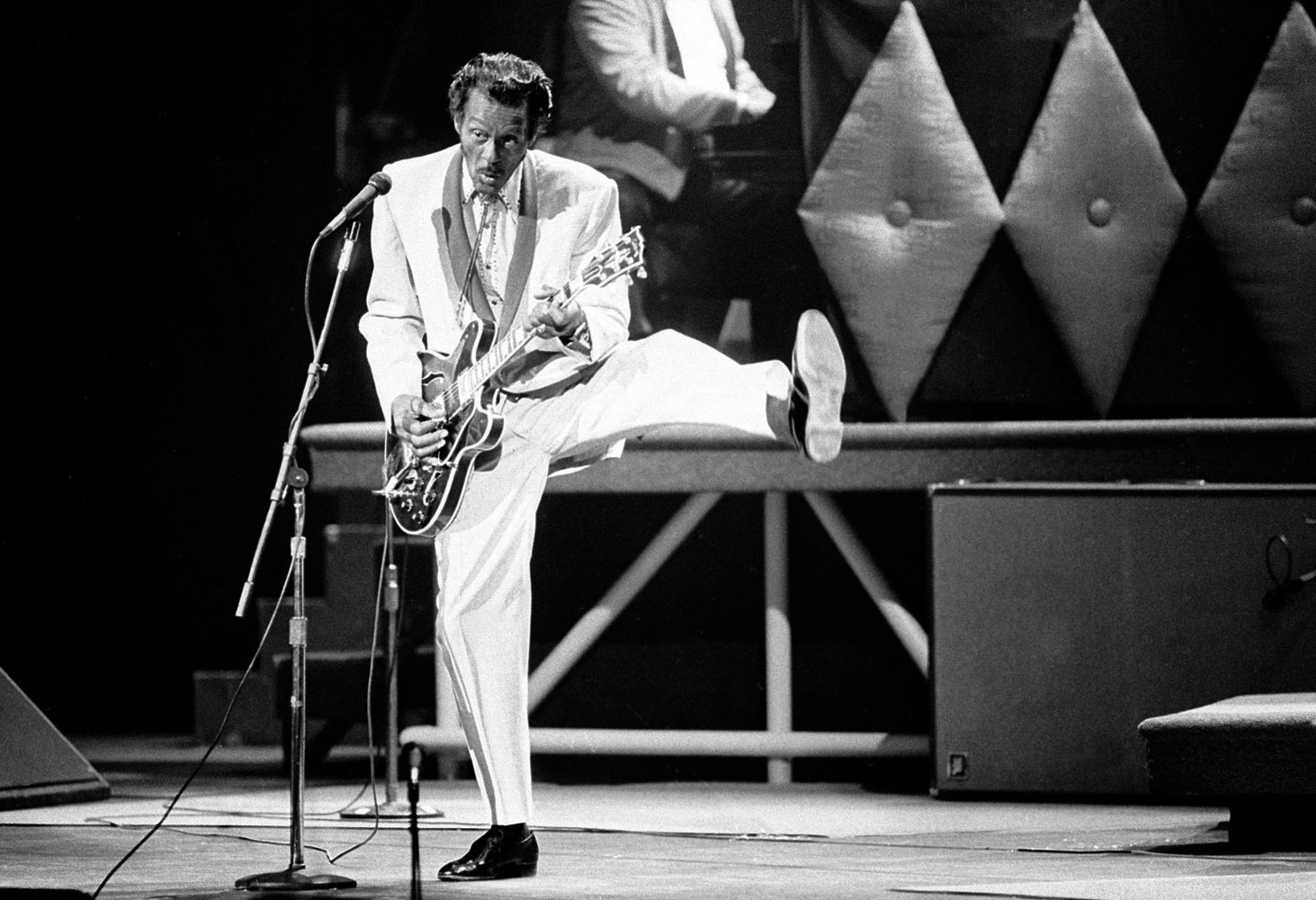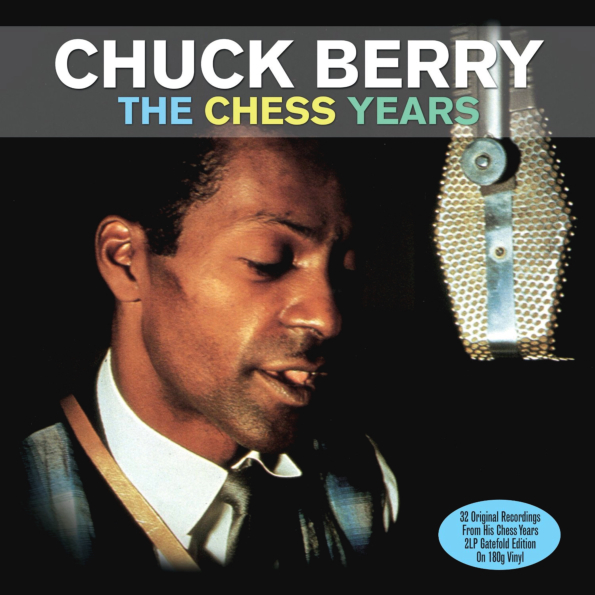FBI chief confirms probe of possible coordination between Kremlin and Trump campaign.
James B. Comey acknowledged his agency’s wide-ranging investigation into Russian interference in the 2016 election during a hearing before lawmakers. But he refused to answer whether specific individuals close to the president had fallen under suspicion of criminal wrongdoing. The FBI does not typically disclose the existence of probes, but Comey said he was authorized by the Justice Department to do so in this case.
There was no smoking gun from either side's perspective, but we did learn more about what the FBI is investigating and what Republicans and Democrats in Congress want to investigate.
1. There's no evidence of Trump's accusation that Obama tapped his phones.
2. The FBI is investigating connections between President Trump's campaign associates and the Russian government.
3. But the FBI is going to be VERY tight-lipped about the investigation.
4. Democrats seem pretty sure associates with Trump's campaign colluded with Russia.
Here's what we know about Trump's campaign and Russia:
- The intelligence community has concluded that Russia meddled in the U.S. election to undermine faith in the democratic process and harm Hillary Clinton's candidacy, in part because Russian President Vladimir Putin blamed then-Secretary of State Clinton for domestic protests against his authority in 2011-2012.
- Two members of Trump's inner circle — former national security adviser Michael Flynn and Attorney General Jeff Sessions — have publicly acknowledged that they failed to disclose private conversations with the Russian ambassador to the United States. Flynn lost his job; Sessions agreed to recuse himself from the FBI's investigation into Russian meddling in the U.S. election as a result.
- Democrats are suggesting that Russia's involvement in the election and Trump officials' lack of disclosure about their ties to Russia point to something more. In a 15-minute opening statement, Schiff laid out a series of ties between Trump's campaign and Russia, citing former British spy Christopher Steele, who compiled an unverified dossier on Trump and Russia. They included accusations that:
- One of Trump's national security advisers during the campaign, Carter Page, has ties to Russia and has praised its president, Vladimir Putin.
- Former Trump campaign manager Paul Manafort had been on the payroll for pro-Russian interests in Ukraine.
- Trump officials met with the Russian ambassador to Washington during the Republican National Convention. At that convention, Republicans changed their platform to remove a section that supported giving weapons to Ukraine as it battles Russia for territory.
- Former Trump adviser Roger Stone boasted in a speech that he knew of impending WikiLeaks documents related to Hillary Clinton's campaign before they were published.
- And Flynn and Sessions would go on to avoid disclosing their conversations with the Russian ambassador during or shortly after the campaign.
- After spelling all that out, ranking member Adam Schiff (D-CA) (rhetorically) asked this:“Is it possible that all of these events and reports are completely unrelated and nothing more than an entirely unhappy coincidence? Yes, it is possible. But it is also possible, maybe more than possible, that they are not coincidental, not disconnected and not unrelated, and that the Russians use the same techniques to corrupt U.S. persons that they employed in Europe and elsewhere. We simply don't know. Not yet. And we owe it to the country to find out.”
5. Republicans, meanwhile, want to focus on intelligence leaks to the press.
6. Intelligence officials still don't think there's any evidence Russia's meddling directly influenced votes.
The FBI director’s testimony on wiretapping and the Russia probe put the White House on the defensive, and threatens to damage the president’s credibility not only with voters, but also with lawmakers of his own party.
-
The president’s Twitter accounts were active during testimony on Trump-Russia ties. But the posts were misleading, inaccurate or simply false.





